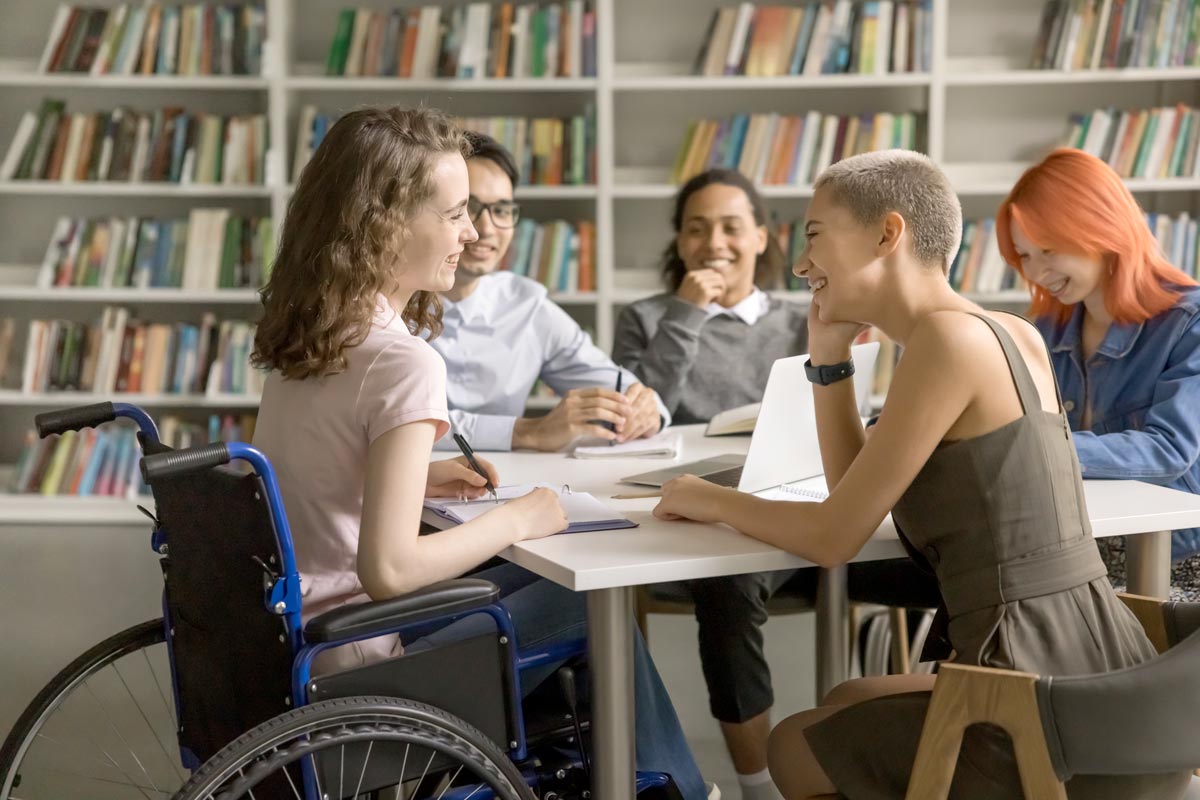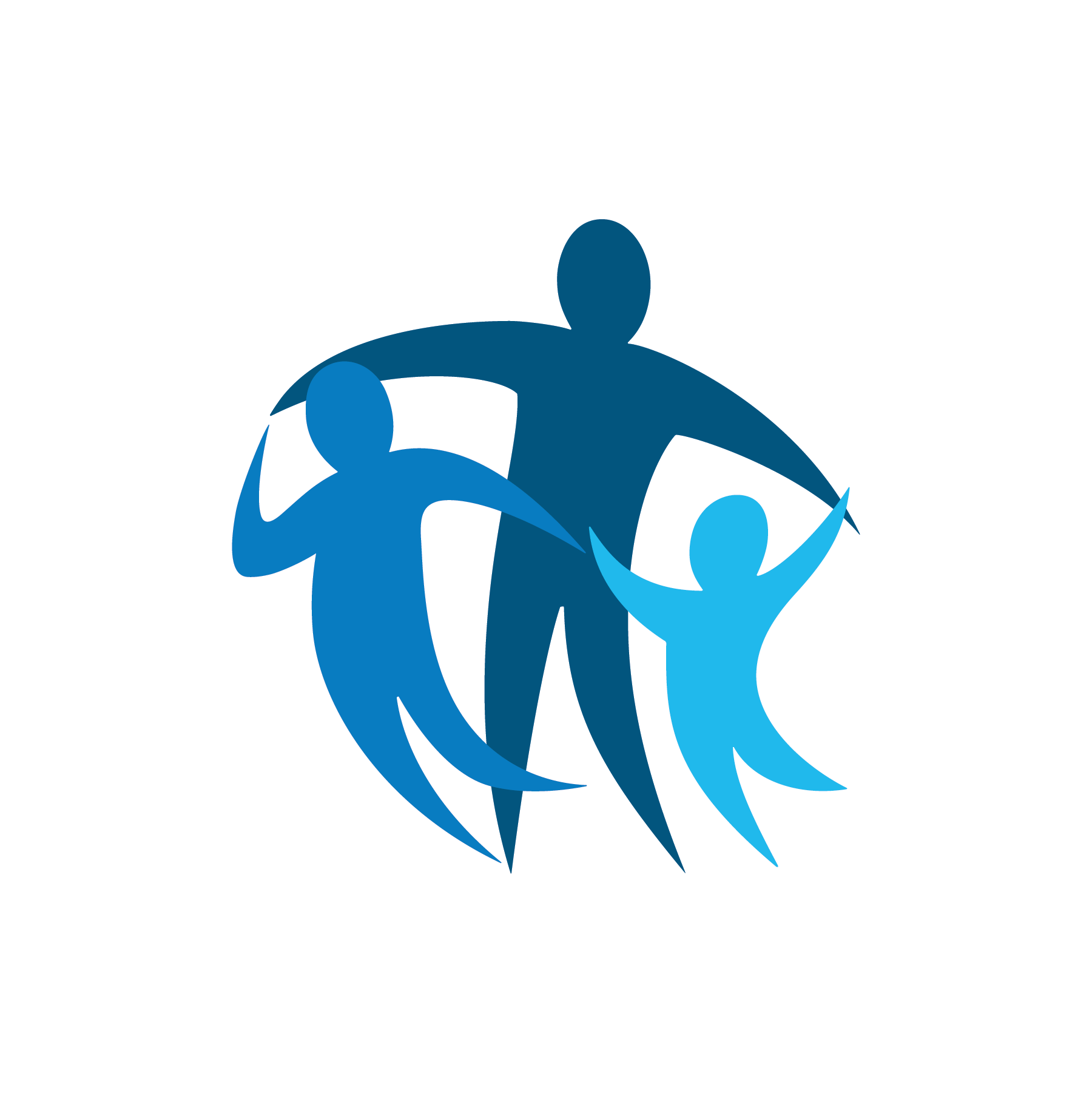Practical insights into how ndis services can enhance daily living for participants
Wiki Article
Exploring Ingenious Techniques to Disability Services and NDIS Providers for Enhanced Assistance
The landscape of handicap services and NDIS offerings is swiftly evolving. Ingenious approaches are emerging to enhance support for individuals with disabilities. From the combination of innovative technologies to individualized care designs, each technique plays an essential role. Area engagement and collaboration among service carriers are equally vital. As these components come together, they raise essential questions regarding future instructions and the influence on private empowerment. What might this suggest for the future of handicap assistance?Enjoying Innovation in Handicap Providers
Welcoming development has ended up being necessary in the realm of impairment solutions, where innovation plays a pivotal role in improving access and support. Assistive technologies, such as speech recognition software program and movement help, enable individuals with impairments to navigate their atmospheres more individually. Smart home gadgets, geared up with voice-activated controls, promote day-to-day jobs, advertising freedom and comfort.
Telehealth solutions have actually additionally changed accessibility to health care, enabling people to speak with professionals remotely, therefore getting rid of geographical obstacles. Mobile applications made particularly for handicap assistance give individuals with tools and resources customized to their needs, promoting community engagement and expertise sharing.
Personalized Treatment Designs for Specific Empowerment
As the landscape of disability services evolves, customized care designs become an important approach to empower individuals with one-of-a-kind needs. These models prioritize personalized evaluations, guaranteeing that solutions line up closely with individual goals, preferences, and abilities. By focusing on the details scenarios of each person, caregivers can establish customized support plans that promote freedom and enhance lifestyle.Incorporating input from the people receiving treatment is essential, fostering a collective relationship in between provider and customers. This client-centered approach not only enhances engagement yet also builds trust, encouraging individuals to take an energetic role in their care.
Additionally, customized treatment models can adjust to modifications in an individual's demands gradually, making certain recurring significance and support. By equipping individuals through customized approaches, these models dramatically add to improved results and a much more inclusive culture, where every person has the opportunity to grow.
Area Involvement and Assistance Networks
Community interaction and assistance networks regularly play a critical role in improving the total well-being of individuals with handicaps. These networks supply necessary resources, cultivating links that empower people to take part fully in their communities. disability services. Engaging with local organizations, volunteer groups, and peer support group can create a sense of belonging and lower isolation
These networks motivate cooperation among households, service carriers, and area members, leading to a much more inclusive setting. ndis services. By utilizing the strengths of diverse stakeholders, people with impairments can access a larger array of assistance choices, inevitably improving their lifestyle and promoting a more comprehensive culture
Collaborative Methods Amongst Expert
Collective methods amongst provider are vital for delivering comprehensive assistance to people with specials needs. By cultivating partnerships amongst different companies, company can share sources, expertise, and expertise, boosting the general quality of treatment. Such partnership allows for a much more incorporated service distribution model, where customers get coordinated assistance tailored to their one-of-a-kind requirements.In these participating frameworks, communication is crucial. Regular meetings and information-sharing platforms make certain that all stakeholders are straightened in their methods and goals. This synergy not just enhances solution effectiveness but likewise boosts the experience for individuals with handicaps and their family members.
In addition, joint strategies can bring about ingenious options, as varied point of views often inspire innovative problem-solving. By functioning with each other, provider can browse obstacles better and advocate for systemic changes that benefit their customers. Ultimately, these partnerships add to an alternative assistance system that encourages people with disabilities to achieve their objectives and improve their lifestyle.
Enhancing Ease Of Access Through Innovative Style
Cutting-edge layout plays a critical duty in improving access for individuals with impairments. By using universal style principles and incorporating assistive modern technologies, settings can be made more inclusive and functional. This method not just benefits individuals but additionally promotes a more comprehensive understanding of availability in culture.

Universal Design Concepts
Universal Design Principles play a critical function in improving access for people with disabilities. These concepts advocate for developing settings, items, and solutions that are functional by all individuals, no matter their impairments or capacities. By emphasizing inclusivity in layout, they encourage designers, metropolitan organizers, and product programmers to consider diverse customer needs from the beginning. This approach not just assists in physical gain access to yet likewise advertises social engagement and freedom. Employing Universal Style Concepts can result in cutting-edge solutions that resolve obstacles, making certain that areas and devices are functional for every person. Ultimately, these principles promote a culture of acceptance and understanding, creating an extra fair culture where all individuals can flourish without constraints.Assistive Technology Assimilation
Integrating assistive technology into various settings significantly boosts availability for individuals with handicaps. disability services. This integration includes making use of tools and software designed to help everyday activities, enhance communication, and foster freedom. Speech recognition software program allows people with limited wheelchair to communicate with modern technology flawlessly, while movement help such as clever wheelchairs give navigating help. Developments like increased reality can create immersive learning experiences, making education extra comprehensive. Furthermore, the unification of assistive modern technologies within public areas, such as responsive signs and sound guides, ensures that people with sensory disabilities can navigate their surroundings efficiently. By prioritizing the integration of these technologies, culture can produce a much more fair atmosphere, equipping individuals with specials needs to engage completely in their areasSkills Advancement and Work Opportunities
As people with disabilities look for to improve their independence and lifestyle, abilities growth plays an essential role in giving meaningful work opportunities. Tailored training programs concentrate on equipping participants with crucial abilities pertinent to their preferred profession courses. These programs are made to promote both difficult and soft skills, making certain people can navigate the needs of the work environment efficiently.Partnership in between impairment company and neighborhood companies is important in creating paths to employment. Companies gain from a diverse workforce, while individuals access to work chances that straighten with their interests and capacities. Additionally, efforts that advertise inclusive working with methods add to a much more equitable task market.
The Function of Peer Support in NDIS Services
How can peer assistance boost the experience of people using NDIS services? Peer assistance plays an important duty in fostering a feeling of neighborhood and belonging amongst NDIS participants. By linking people with shared experiences, peer assistance gives emotional support and functional guidance, helping them browse the complexities of the NDIS system. This connection usually brings about increased self-confidence and autonomy as individuals gain from one another's trips.Peer support can facilitate the exchange of details regarding available sources and services, encouraging individuals to make educated choices. It additionally encourages active involvement in their very own treatment plans, advertising self-advocacy and strength. Furthermore, peers can provide insights into dealing methods and personal growth, improving general health. Inevitably, integrating peer assistance within NDIS solutions not just boosts specific experiences yet also adds to an extra helpful and comprehensive environment for all participants.
Future Trends in Impairment Assistance Services
Future patterns in click for source impairment support services are increasingly shaped by innovation combination, which enhances ease of access and interaction. Personalized support approaches are arising to much better accommodate individual needs, promoting better freedom amongst clients. Additionally, community-based solution designs are gaining grip, promoting inclusivity and partnership within local atmospheres.Technology Assimilation in Provider
With the rapid development of technology, the assimilation of cutting-edge remedies in impairment support services is coming to be significantly essential. Assistive innovations, such as communication tools and mobility aids, improve the freedom and lifestyle for individuals with specials needs. Digital systems promote easier access to services, allowing customers to get in touch with companies and peers through telehealth and online assistance teams. In addition, data analytics and clever home systems permit for customized interventions, optimizing resource allotment and enhancing results. Arising innovations like fabricated knowledge and artificial intelligence hold assurance for predictive analytics, potentially recognizing requirements prior to they emerge. As these innovations advance, they will certainly redefine the landscape of impairment support solutions, making certain my site much more effective and receptive look after people.Individualized Assistance Approaches
Personalized assistance techniques are increasingly becoming a cornerstone of reliable disability services, as they accommodate the special demands of people. These methods highlight customized preparation and application, tailoring support to align with personal objectives, preferences, and capabilities. By incorporating input from professionals, clients, and family members, companies can develop customized plans that advertise autonomy and empowerment. Such techniques can include flexible solution shipment versions, normal analyses, and adjusting support as requirements progress. In addition, the combination of innovation can boost tailored strategies, enabling for real-time changes and enhanced communication. As the landscape of disability services remains to evolve, the concentrate on tailored assistance will be vital in making certain that people get the detailed care they are worthy of, eventually causing far better outcomes and high quality of life.Community-Based Service Versions
Community-based solution designs stand for a transformative shift in the landscape of impairment support solutions, highlighting inclusivity and access. These models prioritize neighborhood sources and area participation, enabling individuals with impairments to obtain assistance within their own communities. By promoting cooperation in between company, neighborhood federal governments, and neighborhood organizations, these versions enhance the availability of customized solutions that fulfill varied demands. Individuals profit from boosted social integration and lowered isolation, as they engage additional reading with peers and area members. Community-based approaches often take advantage of the toughness of informal support networks, promoting sustainable options that equip individuals. As the demand for individualized care surges, these versions are most likely to shape the future of special needs assistance, driving innovation while making certain equitable accessibility to essential solutions.Regularly Asked Questions
Exactly How Can Families Discover the Right Special Needs Support Solutions?
Families can find the appropriate handicap assistance solutions by researching local carriers, looking for suggestions from specialists, reviewing solution offerings, and analyzing compatibility with their specific requirements to guarantee detailed and customized assistance for their loved ones.What Are the Qualification Standards for NDIS Services?
To receive NDIS services, individuals need to be under 65 years old, have a long-term and substantial handicap, be an Australian resident or homeowner, and require assistance to join day-to-day life activities.Just how Does the NDIS Financing Refine Job?
The NDIS funding process involves participants submitting a gain access to demand, obtaining authorization based on qualification, and afterwards creating a customized plan outlining their supports. Funds are alloted as necessary, allowing access to needed services and resources.What Should I Do if My NDIS Plan Is Rejected?
If an NDIS plan is refuted, one need to assess the decision, gather supporting evidence, speak to the NDIS for clarification, and consider sending an ask for a review or appealing the choice if needed.Exist Assistance Providers Especially for Kid With Disabilities?
Yes, there are assistance services especially made for children with disabilities. These services include specialized education programs, therapy choices, and household sustain sources focused on enhancing the general wellness and advancement of damaged children.Joint approaches amongst service providers are crucial for providing comprehensive support to individuals with disabilities. Just how can peer assistance improve the experience of people using NDIS solutions? Peer assistance can assist in the exchange of information concerning available resources and services, encouraging people to make informed decisions. Customized assistance techniques are significantly becoming a keystone of efficient disability solutions, as they provide to the distinct requirements of individuals. Community-based solution designs represent a transformative shift in the landscape of impairment support services, stressing inclusivity and access.
Report this wiki page